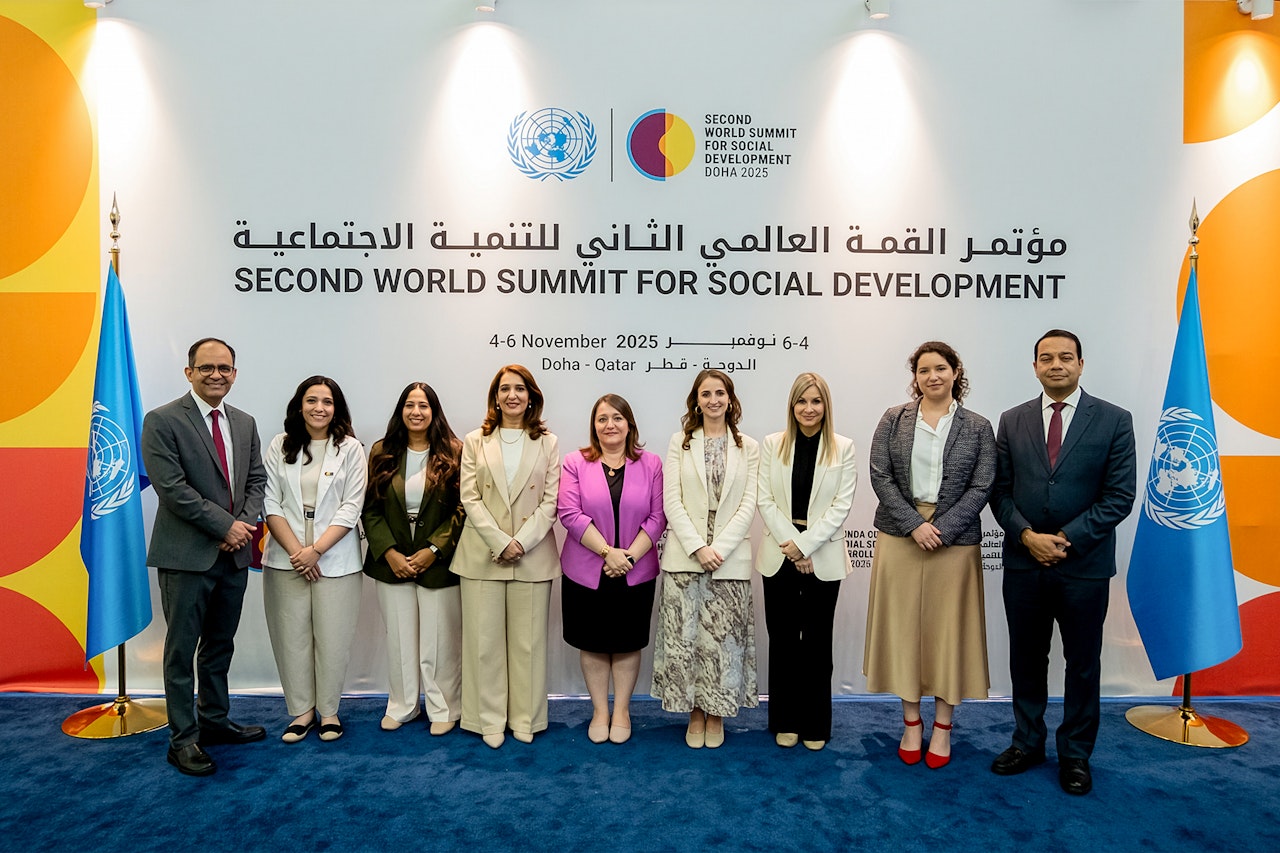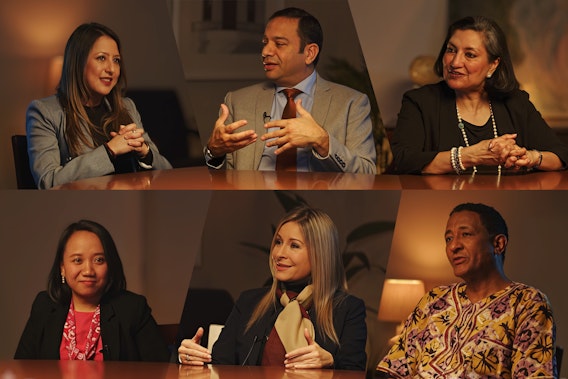“In the same way that the human body cannot be said to be healthy if any one of its organs is unwell, the human family cannot reach true prosperity for all if any one segment of the population is suffering,” she said in her opening remarks.
Ms. Schirmeister invited attendees to reflect on the growing recognition of humanity’s interdependence, stating: “The well-being of the whole relies on, and in fact calls for, the well-being of all its parts.”
“We need to understand and address the root causes of inequalities,” she continued, emphasizing that systems of development need to be reimagined to prioritize the prosperity of all rather than the advancement of some at the expense of others.



